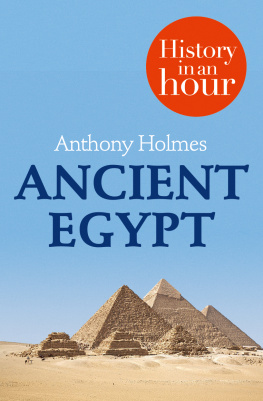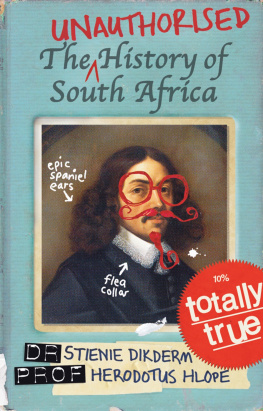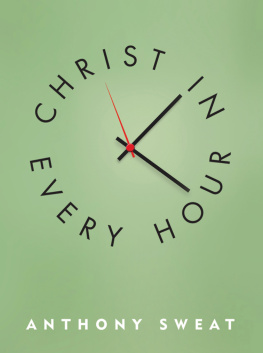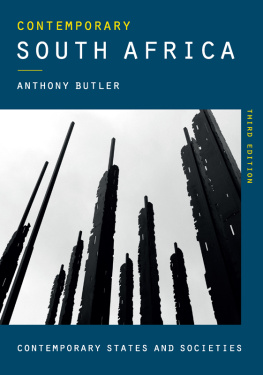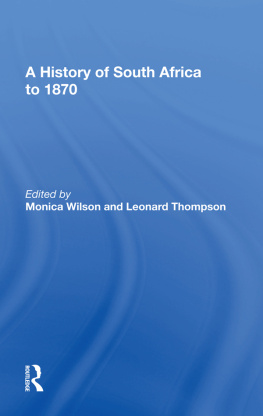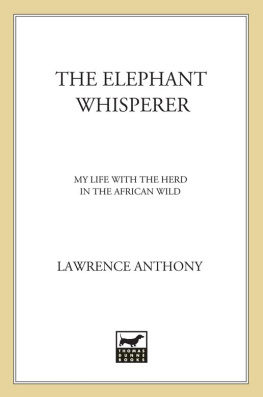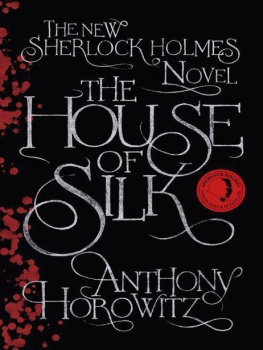SOUTH AFRICA
History in an Hour
Anthony Holmes
William Collins
An imprint of HarperCollinsPublishers Ltd
1 London Bridge Street
London SE1 9GF
www.harpercollins.co.uk
Visit the History in an Hour website:
www.historyinanhour.com
First published by HarperPress in 2012
Copyright Anthony Holmes 2012
Series editor: Rupert Colley
IN AN HOUR is a registered trade mark of HarperCollins Publishers Limited
Cover image Obed Zilwa / AP / Press Association Images
All rights reserved
The moral right of the author is asserted All rights reserved. This book is sold subject to the condition that it shall not, by way of trade or otherwise, be lent, re-sold, hired out or otherwise circulated without the publishers prior consent. No part of this text may be reproduced, transmitted, downloaded, reverse engineered, or stored in or introduced into any information storage and retrieval system, in any form or by any means whether electronic or mechanical, now known or hereinafter invented, without the express written permission of HarperCollins ebooks.
Ebook Edition MAY 2013 ISBN: 9780007485208
Version: 2016-01-13
History in an Hour is a series of ebooks to help the reader learn the basic facts of a given subject area. Everything you need to know is presented in a straightforward narrative and in chronological order. No embedded links to divert your attention, nor a daunting book of 600 pages with a 35-page introduction. Just straight in, to the point, sixty minutes, done. Then, having absorbed the basics, you may feel inspired to explore further. Give yourself sixty minutes and see what you can learn...
To find out more visit www.historyinanhour.com
Contents
On 10 April 1993 South Africans held their collective breath.
In the midst of discussions on the transition from a white oppressive regime to a multiracial democracy, Chris Hani the black leader of the South African Communist Party and Chief of Staff of the armed wing of the African National Congress (ANC) was murdered. White ultra-conservatives gunned him down in front of his family, as he stepped out of his car.
This assassination was part of a plot to destabilize the negotiations to end apartheid a system of racial segregation in force from 19481994 in South Africa. His neighbour, a white woman, rushed to call the police and the perpetrator, Janusz Walu, was arrested. His accomplice Clive Derby-Lewis, a Member of Parliament in the Conservative Party and right-wing extremist, was subsequently also arrested. Both men were found guilty of murder.
The country was poised on a knife-edge. Black people were incensed and enraged at the assassination. White people were shocked by the brutality of the crime and terrified of the expected black backlash. It took a man of incredible wisdom, courage and statesmanship to make a speech to calm things down. A man who had been recently released after being jailed for twenty-seven years by the same oppressive, right-wing regime. A man who had not yet ascended to any office of State but who was generally acknowledged to be the de facto leader of the country.
Nelson Rolihlahla Dalibhunga Mandela broadcast the following message to his people, to his country; a voice that had been silenced for so long, but which was to become one of the worlds best known voices:
Tonight I am reaching out to every single South African, black and white, from the very depths of my being. A white man, full of prejudice and hate, came to our country and committed a deed so foul that our whole nation now teeters on the brink of disaster. A white woman, of Afrikaner origin, risked her life so that we may know, and bring to justice, this assassin. The cold-blooded murder of Chris Hani has sent shock waves throughout the country and the world... Now is the time for all South Africans to stand together against those who, from any quarter, wish to destroy what Chris Hani gave his life for the freedom of all of us.
Although some riots did follow Chris Hanis murder, the two sides of the negotiation were galvanized into action. The process was not allowed to drag on and they rapidly came to the agreement that democratic elections should take place on 27 April 1994, just over a year after Hanis assassination. The short speech given by Nelson Mandela saved South Africa from descending into chaos.
What tortuous path led South Africa to this dramatic moment in its history? To appreciate the politics of colour that encompassed the lives of Nelson Mandela, Walter Sisulu, Oliver Tambo, John Vorster, P. W. Botha, F. W. de Klerk and millions of South Africans of all races, religions, professions, and beliefs in the second half of the twentieth century one must go back through the history of South Africa.
And this, in an hour, is South Africa
The conflict between black Africans and white people in South Africa finds its origin in the seventeenth century. White men from the Netherlands established a permanent harbour at the Cape of Good Hope to replenish food and water, and conduct repairs for the trading fleet of the Dutch East India Company (VOC). Jan van Riebeck arrived in the Cape in 1652 with a party of eighty men with instructions from the Company to build a fort and develop a vegetable garden to provision the ships on their voyages to and from the east.
1652 Jan van Riebeck arrives at the Cape
Painting by Charles Davidson Bell
The history of South Africa from 1652 onwards was written by the white historians. The history from the perspective of the black people was handed down orally. As is the way with history, each party paints a picture favourable to themselves, and each naturally accepts their version as the truth.
The first tribe encountered by the Dutch settlers were the cattle herders called the Khoikhoi. The initial contact with the Khoikhoi was based on barter; however the groups had differing philosophies of ownership, especially when it came to livestock. This led to animosity and accusations of theft from the side of the white farmers, whereas the Khoikhoi subscribed to the concept that cattle did not belong to anyone.
The Slave Period
After serving their five-year contracts with the VOC, nine men were released from their contractual obligations and given their own land to farm. They were called vryburgers (free burghers). In 1658 the first slaves were brought to South Africa from other parts of Africa, and later Madagascar, India, and East Asia. Most were labourers and servants but many of them were skilled carpenters and bricklayers. The VOC owned most of the slaves in South Africas Cape colony. They were confined to living quarters in a huge slave lodge (later converted into the old Supreme Court and more recently the South African Cultural History Museum) while other slaves were owned and housed by the vryburgers.
Four years later, when van Riebeck returned to Holland in 1662, there were about 250 settlers in what was clearly now a permanent colony. Further expansion saw independent farmers emigrate to South Africa and in the early 1700s the so-called trekboers or pioneer farmers started to push outwards towards the north and east. The geographic location of the black African tribes at the time determined that the Xhosa would be the first black tribe to encounter the white farmers. With the Xhosa continuing their migration westwards along the southern coast and the white farmers searching for new opportunities to the east, confrontation was inevitable.





